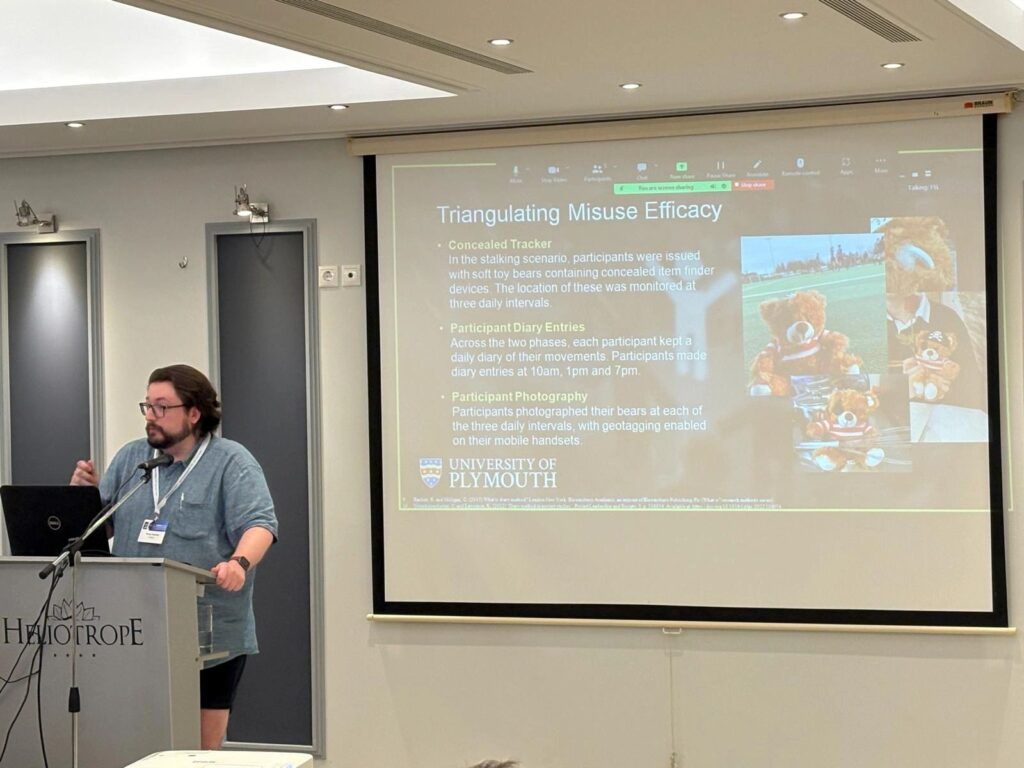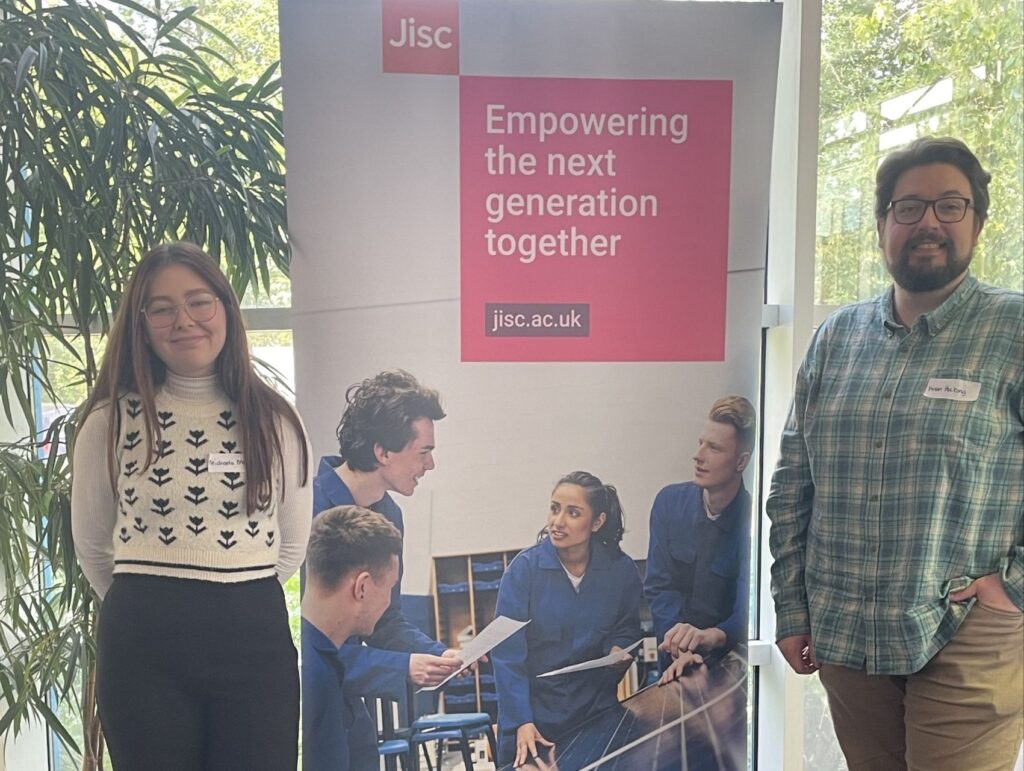Conference Papers
‘Digital Coercive Control: Towards Understanding Item Finder Misuse’
Vivian Hocking, Shirley Atkinson, Hai-Van Dang & Nathan Clarke.
19th International Symposium on Human Aspects of Information Security and Assurance, July 2025.
Mytilene, Greece.

“In scenarios of domestic abuse, conventional understanding relies upon physical indicators such as bruising or broken bones. In an increasingly interconnected digital world, perpetrators of intimate partner violence are finding continually evolving ways to leverage technological advantages against their victims without leaving a physical mark. Where one in three women worldwide experience some form of intimate partner violence, the rise of technology facilitated abuse means that abusers have increased access and control over their victims. This paper examines the threat potential for technology misuse as pertains to item finder devices that make up part of the internet-of-things. Item finders have increasingly become the weapon of choice for abusers engaging in digital coercive control, allowing them to remotely monitor the movements of their victims without needing to physically stalk them. We combine digital ethnography with a participant study, utilizing eighteen participants to evaluate the misuse potential of Apple AirTags, Chipolo One and Tile Sticker item finders. Our research shows a concerning lack of preventative measures imposed by device vendors and highlights how easily perpetrators can repurpose item finder devices as a mechanism for stalking. This suggests an urgent need for review regarding provision of guidance and support to victims of domestic abuse.”
Journal Articles
‘Charting the evolution of the Student Digital Champions at the University of Plymouth.’
Vivian Hocking, Michaela Moclair & Christie Pritchard.
The Journal of Educational Innovation, Partnership & Change.

“The University of Plymouth Digital Education team supports staff and student partnerships through the employment of student workers who act as Student Digital Champions. During the evolution of the SDC programme, it has helped to complement our community of peer support services and continues to improve the digital wellbeing of our campus by working in partnership with existing student facing staff support teams. The student workers act as advocates for the development of their peers’ digital skills, as well as informing Digital Education and the wider University on how to optimise emerging technologies and digital trends for greater student engagement. The SDCs themselves are also regularly members of strategic projects and genuinely seen as partners in the wider work of the Academic Development department. This case study aims to reflect upon the successes and growth of the SDC programme, charting its journey from the 2020 academic year to now, in 2023. The study will explore how the creation of a Senior student worker role has enabled an element of self-management, where the peer-support scheme is now largely student led and is continually fielding requests from across the institution for its service.”